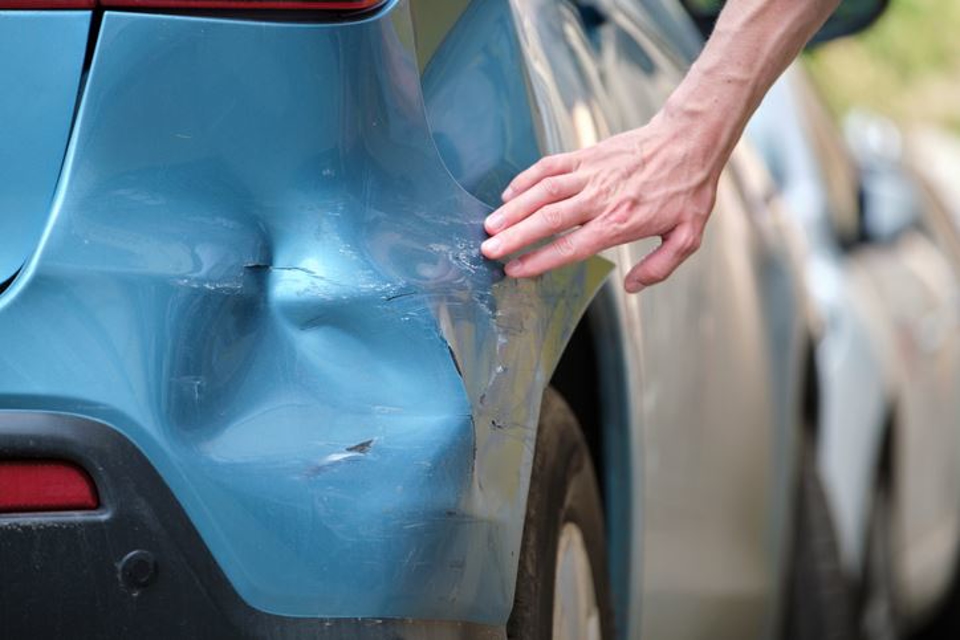A car accident can disrupt your life in the blink of an eye. Beyond the physical pain and emotional toll, you may be left wondering how to cover medical bills, lost wages, or the cost of repairing your vehicle. Understanding who is financially responsible can feel overwhelming, but rest assured, you're not alone. This post will help clarify your options and guide you through the process of determining who pays for your injuries and damages after a car accident.
Understanding Michigan's No-Fault Insurance System
Michigan operates under a no-fault insurance system, which means your own auto insurance typically pays for your medical expenses and other related costs after an accident, regardless of who caused it. This system is designed to ensure that you can access benefits quickly without lengthy disputes over fault.
Here’s an overview of what your no-fault insurance may cover:
- Medical expenses: Any treatment you need as a result of your injuries, from surgeries to rehabilitation.
- Lost wages: Compensation for a portion of your income if your injuries prevent you from working.
- Replacement services: Costs for tasks you cannot perform due to your injury, like childcare or cleaning.
- Property damage (in certain cases): Coverage for damages to someone else’s vehicle or property caused by the accident.
While this system offers crucial benefits, it’s important to understand its limits. If your damages exceed what your policy covers, or if another party’s negligence significantly contributed to the accident, other avenues for compensation may be available.
When Can You Seek Compensation Beyond Your No-Fault Insurance?
There are situations where your no-fault coverage may not be enough to cover all your losses. This can include severe injuries, ongoing treatment, significant vehicle damage, or emotional suffering. Fortunately, Michigan law allows you to pursue additional compensation by filing a claim against the at-fault driver under certain circumstances.
You can typically file a lawsuit if:
- You have experienced a “threshold injury”, such as serious disfigurement, permanent impairment, or death.
- Your pain and suffering or other non-economic damages merit further compensation.
- Your property damage is not covered under your insurance or is significant enough to warrant additional action.
If your case falls under these criteria, pursuing a claim against the negligent driver’s insurance may provide the additional financial support you need.
Understanding the At-Fault Driver’s Role
While Michigan’s no-fault system primarily involves your own insurance, the at-fault party may still play a significant role in covering certain costs. Here’s how their responsibility may come into play:
- Property Damage Liability: If the at-fault driver damaged your car or property, their insurance may reimburse the costs.
- Excess Medical Bills or Lost Wages: When your expenses exceed your policy limits, you may be entitled to seek compensation through the at-fault driver’s policy.
- Pain and Suffering: If you experience catastrophic or life-altering injuries, you may be eligible for compensation for your emotional and physical suffering.
Note that pursuing compensation from the at-fault driver requires proving their negligence. This may involve gathering evidence, such as police reports, witness statements, and accident reconstruction, to demonstrate fault.
The Role of Uninsured or Underinsured Motorist Coverage
Unfortunately, not every driver on the road carries sufficient insurance to cover damages after an accident. If you’re involved in an accident with an uninsured or underinsured driver, you might feel uncertain about your next steps.
This is where uninsured/underinsured motorist (UM/UIM) coverage becomes essential. If you’ve included this type of coverage in your policy, it can help pay for your medical expenses, lost wages, and more when the at-fault driver cannot.
We always recommend reviewing your policy to ensure you have adequate UM/UIM coverage in place.
What About Passengers or Pedestrians?
The Michigan no-fault system also extends benefits to:
- Passengers in your vehicle, who can generally turn to their own insurance or your insurance for medical coverage.
- Pedestrians or cyclists injured in a collision, who may rely on the driver’s no-fault coverage for their injuries.
Every situation is unique, so consulting a legal professional can help determine the best course of action for these cases.
Seeking Legal Guidance from Michigan Car Accident Attorneys
While it’s possible to handle smaller claims on your own, navigating complex injuries, high-dollar damages, or disputes over fault can be challenging without expert support. An experienced Michigan car accident attorney can provide clarity, advocate for your interests, and help ensure you obtain the compensation you deserve.
At Bashore Green Law Group, we understand how overwhelming life after a car accident can feel. Our dedicated team has recovered compensation for clients throughout Michigan and is ready to help you, too. We can help you understand no-fault insurance benefits, claims against at-fault drivers, specific state laws, and more.
If you’re unsure where to start, we’re here to help. Contact us today at (248) 487-1887 to schedule a free consultation and learn how we can help you recover the compensation you deserve.






